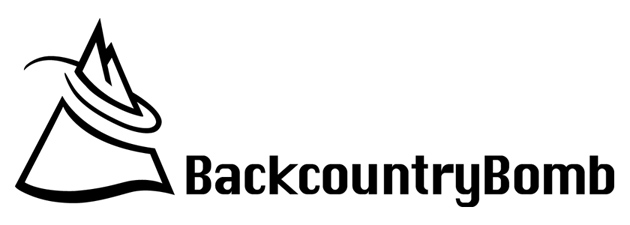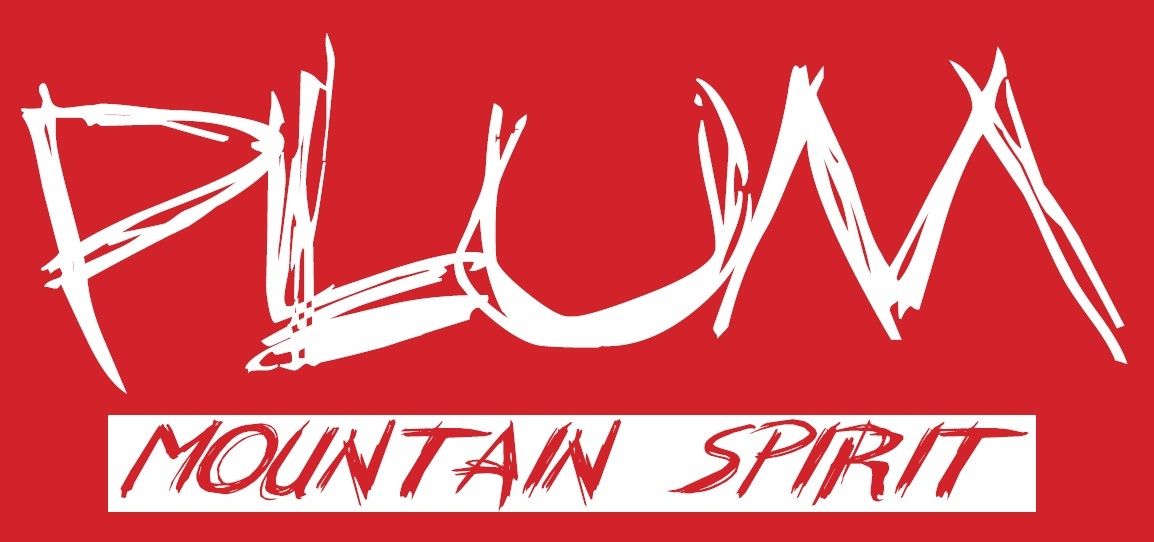Don't be a slave
 Sunday, May 16, 2010 at 09:37PM
Sunday, May 16, 2010 at 09:37PM Slave to what, Brian? Funny you should ask. Well, for starters, how about your heart rate monitor? Or your power meter? Perhaps your cog set or your speedometer. Your training program can certainly enslave you. What do I mean? First of all the devices. They give us feedback that tells us something about our performance at any given instant on any ride. We then internalize this information and decide how we're going right then. Is this the usual gear I ride this hill or am I killing it? Why am I going so slow right here? I'm usually pushing 30 watts more on this stretch. God, I can't seem to get my heart rate up. I'm supposed to be doing threshold hill repeats today but my legs feel like shit! Any of this sound familiar?
As I have maintained in previous posts, all this technology, while certainly interesting and informative, comes to us at a price. This stuff gets in our heads, even if we are not always aware of it. Some internet coach gives you your interval workout for the week, specifying wattage or heart rate, and you just can't hit the goals. Holy crap, you're disappointed. Then the self-doubt lingers like a fart in a over-heated station wagon in January. Am I really sucking this bad? Probably not. But there will be days where you just won't have it. You didn't sleep well or enough. Your nutrition was suspect for a few days leading up to the workout. Did you really need to drink four pints at the brew pub with the boys? Too much volume or intensity taking it's toll? Whatever the cause, it's going to happen to all of us. How we deal with it determines the ultimate psychological impact of the experience.
For reasons previously stated in these pages, I have relieved myself of the technological burden of most of these real-time feedback devices. Unfortunately, I can't get away from having gears on my bike so when I ascend a familiar grade, I'm acutely aware of what I'm pushing. Screws with my head no less than the other things.
Same goes for any detailed program. When I got my first road bike in 1985, a friend gave me a copy of Eddy B's Bicycle Road Racing and I studied the training recommendations religiously. You know the drill by now. Rest Monday, intervals or sprints on Tuesday, endurance ride Wednesday, something hard on Thursday, etc. No matter how I felt, I tried to get everything in each week. Looking back on it now, I'm convinced that this dedication led to periods of significant staleness and decreased performance. I was young then so I never really augered in but I bet I could have done better with more attentive and flexible programming.
This is easier said than done, of course. For the novice, the desire to improve trumps all common sense. "I guess my legs are supposed to burn like this all the time, right??" And if you are being coached remotely, how is the coach supposed to know what's going on if the athlete has no clue themselves? Perhaps the new recovery and fatigue monitoring tool, Restwise, will fill this feedback void. Until an athlete knows what truly crushing it and, alternatively, sucking ass feels like, the need for such a tool will persist.
As I have used Restwise over the last several weeks, I find that I am able to predict my score most of the time simply because of the sensations I am acutely aware of from day to day. Does this make the instrument useless for me? Perhaps. But I will continue to use it for other reasons. The effects of a long season's training can be insidious. And although I can easily monitor my training state from workout to workout without Restwise, I may miss the bigger impact my program has over the course of a macrocycle. This is one of the benefits of having the data in my face. I can see the trends over a longer period which, according to the developers, is the real value of Restwise. More immediately, plugging data into the Restwise data base keeps me aware of the various measures. For instance, I can definitely say that I get more sleep now since I know I'm going to have to plug those hours in the next morning. It's like a nagging coach at bed time telling me to get my ass upstairs! Does this create yet another opportunity to obsess, further complicating our already crazy schedules? I think so but I cannot think of one successful athlete that does not obsess about some aspect of their program. Rare is the individual who can win without really paying attention.
Regardless of what the numbers tell us as we train, we can only do what we can. If a workout is supposed to be hard then go HARD, forgodsakes! What can you do if your wattage is a bit low or your heart rate isn't where you expect it? In my opinion, your rate of perceived exertion (RPE) is what matters on these days. Don't be a slave to the numbers. Do the work if you must. Gear down if you have to. There are days where pushing through is required even if the legs are a little flat. That's the real trick in getting the most out of any program. Know when to push through, letting RPE guide you in order to get the most out of a period of over-reaching. Other days you simply acknowledge the bad legs, spin home and do the work the next day when quality will be higher. It depends upon your goals.
Aside from training periods when you are purposely digging yourself a hole, I feel that to get the most out of an intensity day, the work should be high quality. This is where some flexibility in the microcycle is key. For example, here in Jackson, the Tuesday Night Ride (TNR) might as well be the world championships. We go hard. I love those rides. We kick the crap out of each other and it can be a very beneficial part of my program. However, if the previous weekend's workload was high, I often find myself under recovered come Tuesday. I used to just push through and do the ride anyway. Sometimes this is worthwhile, as in a period of over-reaching. But during the race season, forcing an intensity day on Tuesday when I may not be fully up to it can also be costly. I guess it depends how well I want to perform the following weekend. When the race is a target, I have been willing to give up the TNR and push the intensity day to Wednesday. This usually ensures full recovery and a super quality session. Do I feel bad about missing the beat down with the rest of the guys? Sure, but the benefit outweighs the guilt.
The ability to crush a hard workout, perhaps exceeding expectations, maybe even "taking it to the next level", can provide a spring board to inspired competitive performances soon thereafter. Allowing some flexibility within the micro schedule gives athletes a chance to experience this phenomenon. Setting up this scenario may require ignoring some of the possibly negative feedback delivered from the handlebar-mounted consoles common with today's competitive cyclist or deviating from the established program from time to time. - Brian
 Brian |
Brian |  2 Comments |
2 Comments |  Rants
Rants 





Reader Comments (2)
Brian,
I have really been loving your posts as of late. I think that I definitely fall into the novice category with both my skimo and ultra-running training and I think that I have been able to learn a lot from what you have been writing. Would you ever be interested in doing some coaching? I live over in Pocatello (so it wouldn't just be some type of internet coach like you mention above), and I am just about to finish PA school in July and could probably actually afford something at that point. Let me know if you are interested or your thoughts on the matter.
Hey Luke,
Sorry to take awhile to respond. Had to think about it a bit and then I was out of town racing. I would be thrilled to help you out. Email me at my personal account and we can talk more about what you are looking for. brianharder@gmail.com